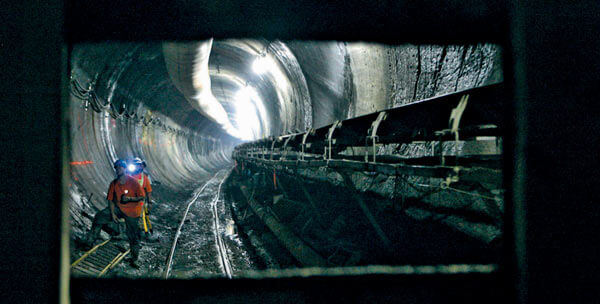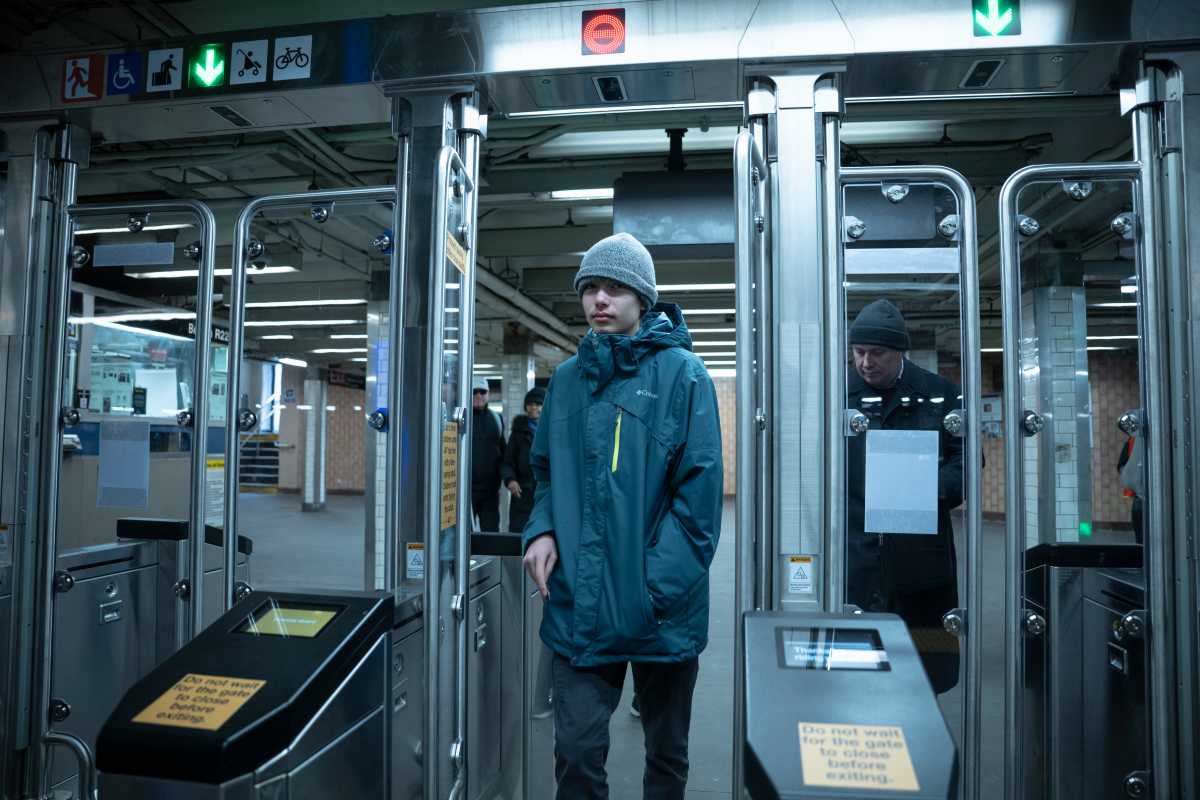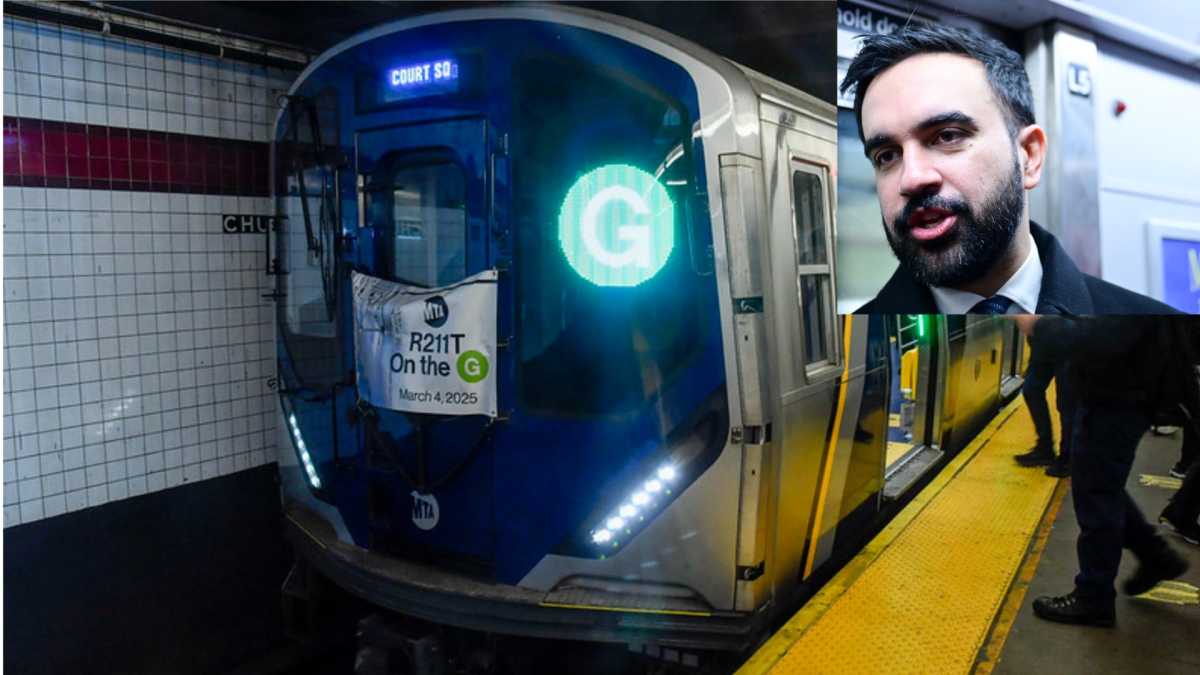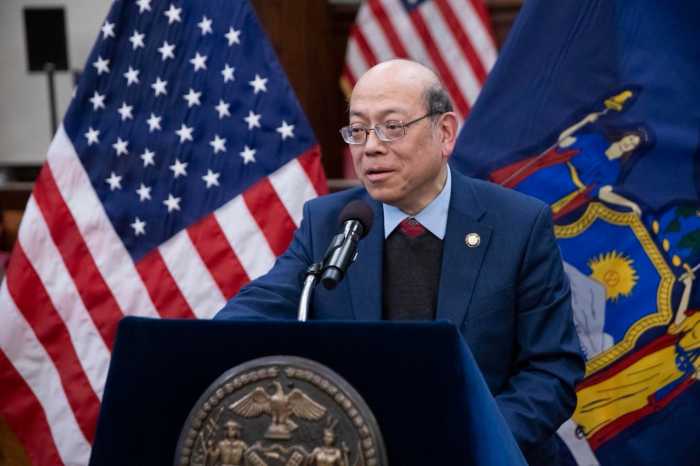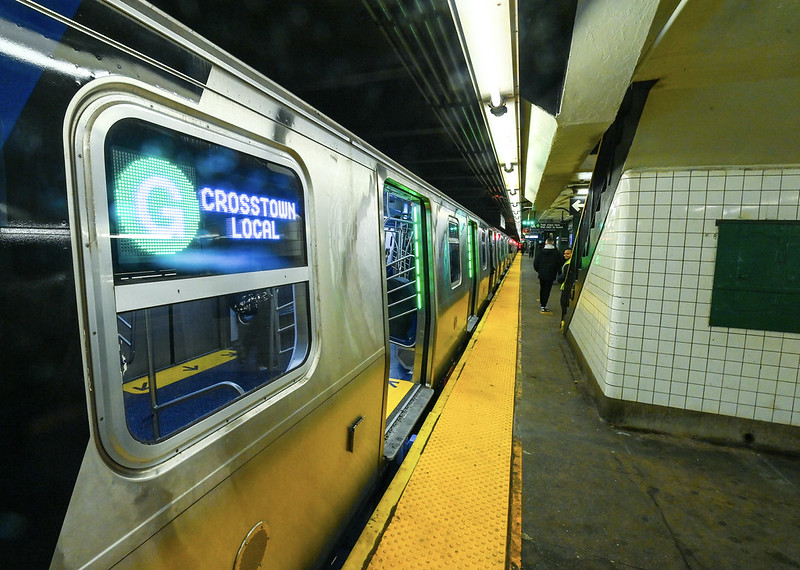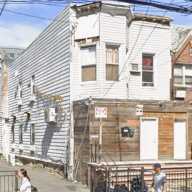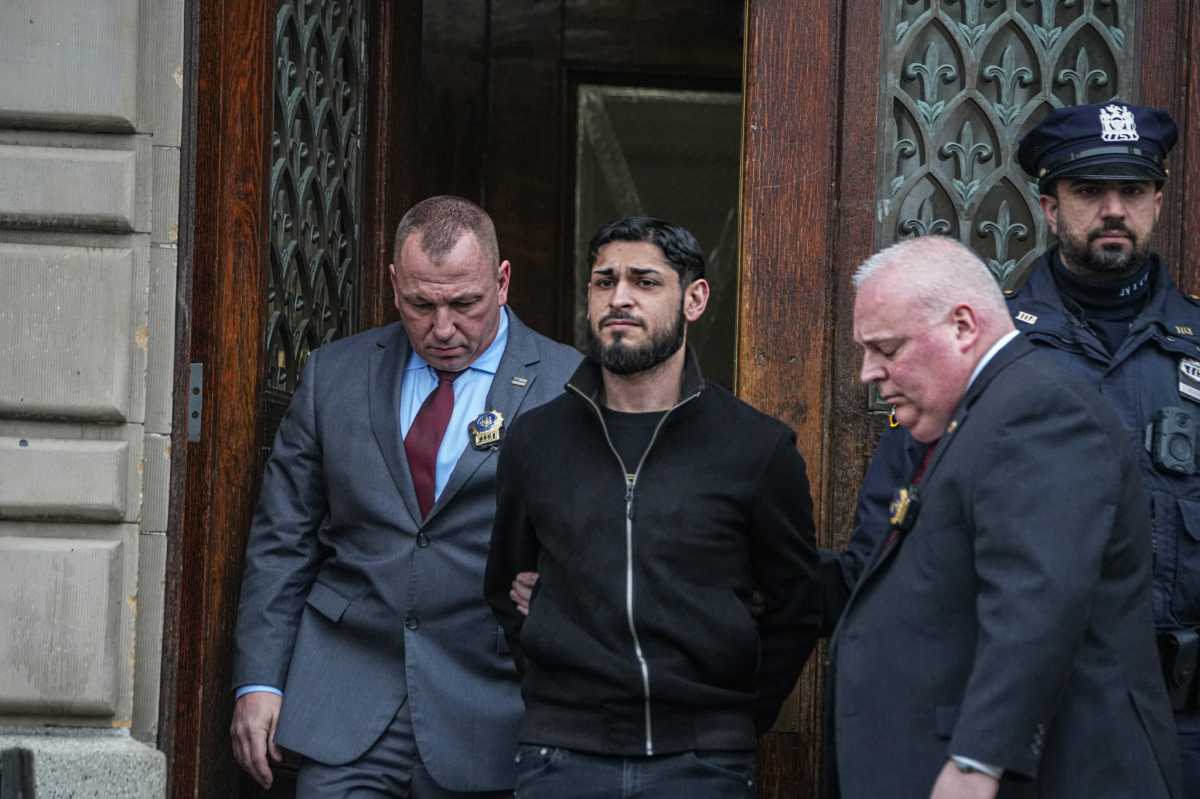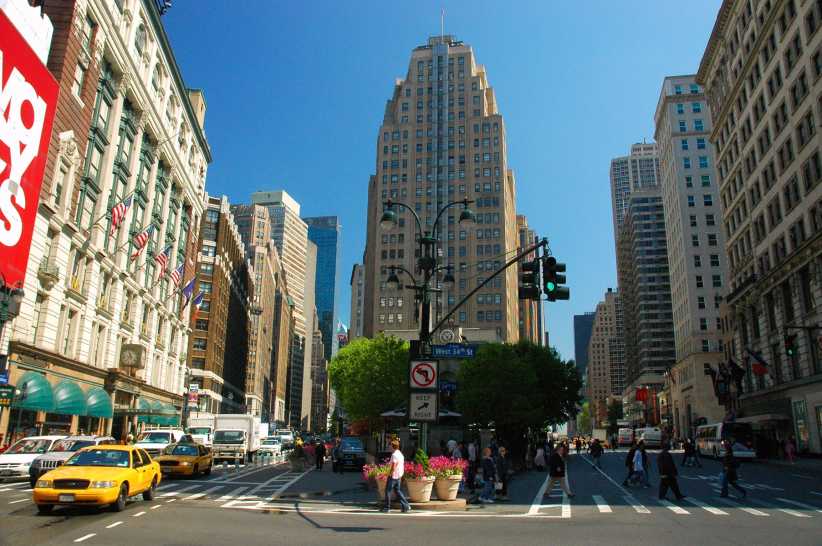By Philip Newman
State Comptroller Thomas DiNapoli said the MTA’s plan to borrow more than $14 billion could further imperil the agency’s financial straits.
“The MTA is in a very difficult position as it struggles to hold together a strained operating budget while proposing the largest borrowing program in its history to fund capital projects,” DiNapoli said.
In response, the Metropolitan Transportation Authority said “the comptroller reaffirmed the financial risks identified by the MTA and the importance of continuing to achieve cost reductions across the organization. The comptroller also voiced support for the MTA’s vital Capital Program. A proposed funding plan for the capital program taps existing funds to cover increased debt service without stressing the MTA’s operating budget.”
But DiNapoli took issue with the extent of the borrowing.
“There is no debating that the capital program is critically important, but my analysis shows that the magnitude of this borrowing plan will have serious implications for the operating budget in the coming years,” DiNapoli said.
DiNapoli said the MTA must “present the public with the facts about the potential long-term implications of this new borrowing services, fares and budget gaps.”
The Capital Plan includes the Second Avenue subway and the East Side Access to bring the Long Island Rail Road into Grand Central Terminal, both under construction with completion of the Second Avenue subway set for 2016. The opening of the East Side Access now is expected in 2018.
DiNapoli warned that the MTA plan “faces a number of significant budget risks, including the uncertainty of savings from the next round of collective bargaining with the Transport Workers Union, the need to achieve planned cost reduction targets, continuation of a sluggish economic recovery and potential for more cuts in state operating assistance.
DiNapoli’s audit concluded that borrowing to pay for the capital plan would raise debt service to $3.3 billion by 2018, which would be 64 percent higher than in 2011.
The MTA has scheduled fare increases in 2013, 2015 and 2017, but the audit said that despite the fare hikes the MTA would face a budget gap of $1.2 billion in 2018.
Reach contributing writer Philip Newman by e-mail at timesledgernews@cnglocal.com or phone at 718-260-4536.

